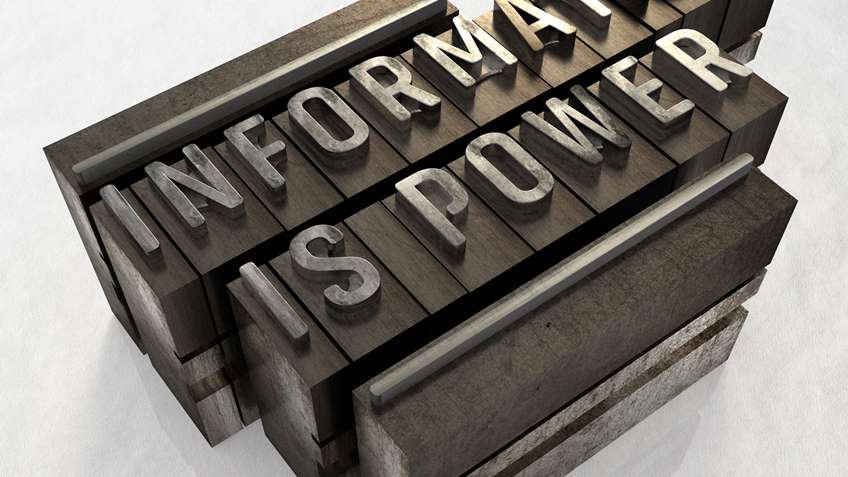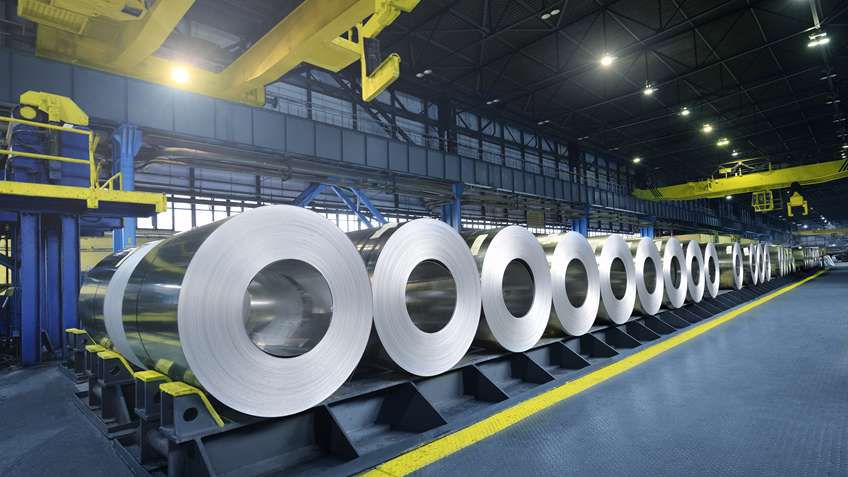By Barry Elliott, Vice President Enterprise Accounts, Heavy Industries, Rockwell Automation
As in other industries, metals producers are challenged with delivering the right quality of product, in the right quantities, on time — all while managing production and energy costs, and maximizing productivity and plant capacity.
In addition, metals producers need to find ways to meet the evolving demands of the market (specifically automotive and defense), which is seeking better, lighter, stronger products. And, they need to meet these market demands in ways that differentiate them from their competition.
It’s a lot to tackle. Without the right tools and technologies in place to enable real-time, contextualized production visibility, metals producers can face all kinds of issues, including:
- Missed production and delivery targets.
- Traceability, genealogy and quality control problems.
- Error-prone and time-consuming manual recipe management.
- Unplanned downtime events.
- Lack of production flexibility.
MES for the Metals Industry
Many metals producers have been trying to address these challenges by creating home-grown solutions. But the problem with solutions like this is ongoing support, both for the technology itself and for the operation of it. When workers who know how to support the system move along, or the enabling technology becomes obsolete, these companies are forced to start from scratch.
A manufacturing execution system (MES) is a software application that integrates, tracks and manages intricate manufacturing systems on the production floor. The main goal of an MES is to help ensure effective implementation of activities within the manufacturing process. An MES can help metals producers determine how best to deliver the right product, at the right time, created from the most cost-effective and appropriate raw materials.
MES: Six Applications for Metals
In a metal operation, an MES typically resides as a level 3 application (ISA 95) — between Level 1 and 2 (controls and supervision) and level 4 (enterprise resource planning [ERP]/Business Systems). It connects the factory/mill floor systems with the ERP systems, and delivers six important functionalities required by metals operations:


